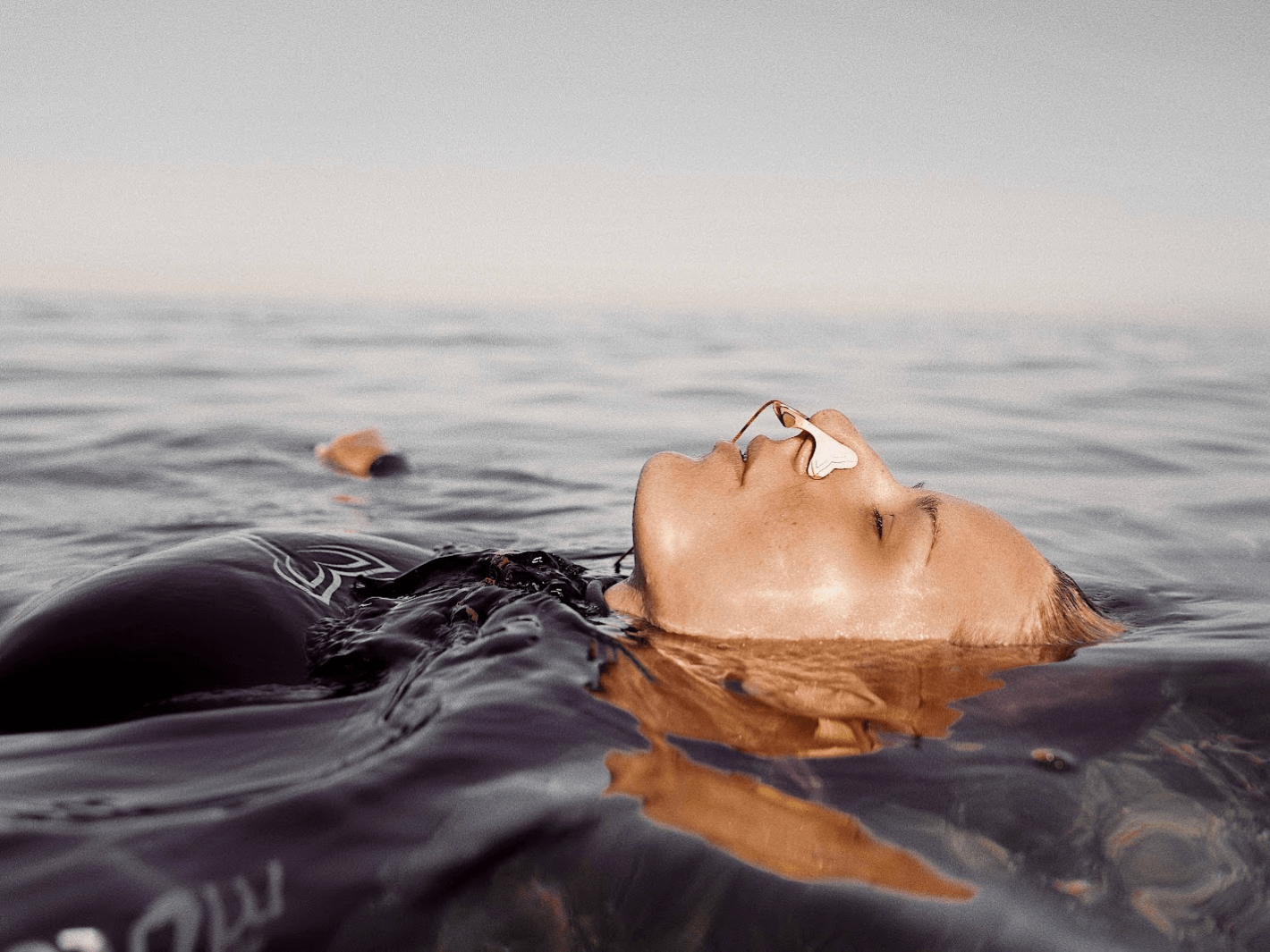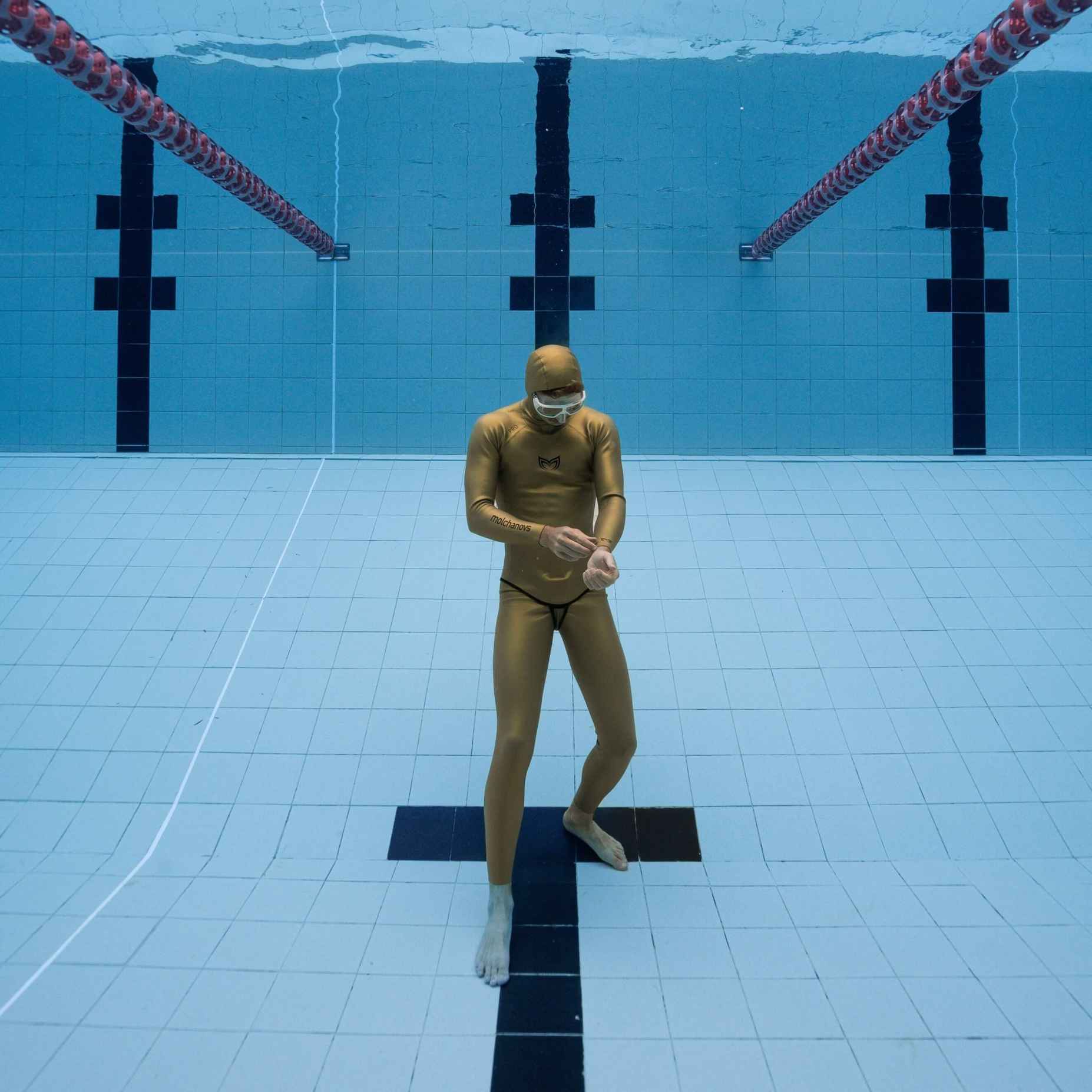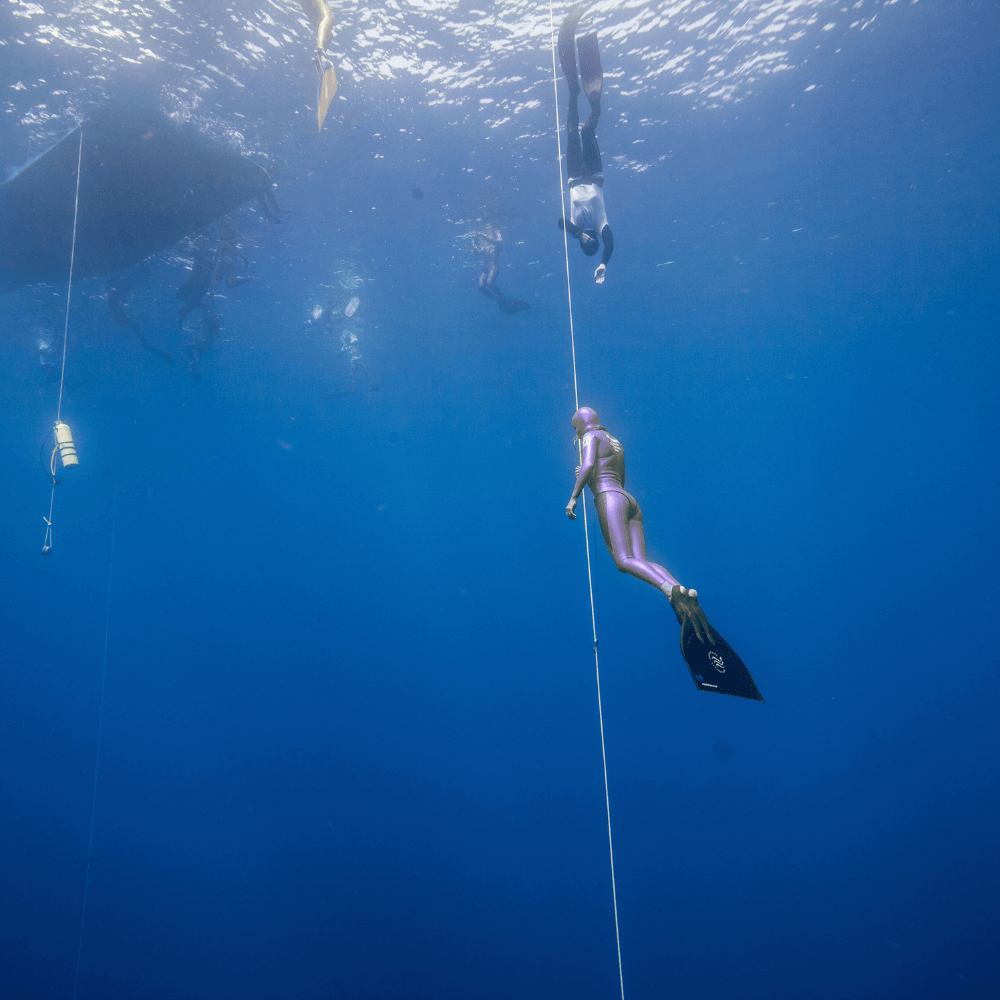A Great Day Starts At Night: 7 Tips For Better Sleep

For optimal freediving performance, a good night’s rest is vital. But sometimes, the most natural thing in the world becomes a challenge. What can you do to get better sleep?
As freedivers, we train our bodies and minds to operate in harmony. But there's one powerful performance booster that often gets overlooked—sleep. As studies around the globe show, the majority of people do not sleep enough. Adults need around seven to nine hours of sleep per night. It is one of our most primal needs. During sleep, we process the impressions of the day and reduce stress while our brain recovers. Sleep stimulates our immune system and helps our body fight diseases. Sufficient sleep is essential for our health and positively affects our concentration and performance. However, even though we know that sleep is vital, sometimes getting the rest we need is hard. Luckily, there are a few things we can do to fall asleep more easily.
Stress at work, lots of travel, or simply an uncomfortable bed—there are many things that can deprive us of sleep. For some, falling asleep becomes even harder when the seasons change. Spring brings longer days and more sunlight. However, the warm season doesn't just bring sunshine; it can also disrupt our biorhythm. And as beautiful as it is to see blossoms all around, fine pollen can cause many a sleepless night for allergy sufferers. But don't worry— There are simple, effective ways to improve sleep and, in turn, enhance your freediving from the inside out.
Embrace The Dark
According to scientific studies, the seasons can influence the quality of our sleep. Longer summer days and early sunrises can interrupt our circadian rhythm by reducing the production of melatonin, the hormone that signals our body it's time to rest. This matters for freedivers— melatonin not only helps us sleep but also supports cellular repair. When it is dark, melatonin releases. As soon as the sun rises and awakens us with the first morning light the sleep hormone is suppressed. The shorter the night, the less melatonin is produced. But we can cheat nature by minimizing excess light exposure at night by wearing sleeping masks, using blackout curtains, or lowering the blinds to ensure darkness—and therefore the best sleeping conditions.
Rise And Shine
Getting sunlight first thing in the morning can improve your sleep. The early morning light helps to set your inner clock. It will help you stay more alert during the day and makes you fall asleep more easily at night.
Keep It Cool
Water teaches us the value of calm, and the same applies to your sleep environment. Excessively high temperatures can disrupt our sleep. When we are too warm, we move around more and become restless. Scientists recommend a room temperature of 18 to 20Celsius ( 65 to 68 degrees Fahrenheit) for the most comfortable sleep. A cooler ambient temperature also helps a drop in our core body temperature, which is essential for maintaining sleep. The decrease in body temperature by around 1 ℃ (or 2℉) helps you fall asleep and enhances deep sleep.
 Just like freediving – sleep reduces stress and improves your mood. Photo © @akivis
Just like freediving – sleep reduces stress and improves your mood. Photo © @akivis
Maintain A Routine
In training, consistency is key — and the same goes for sleep. Irregular sleep schedules can disrupt our internal clock, leaving us groggy and less focused. On balmy summer nights, we like to sit outside for a long time. But if you suffer from insomnia, you should try to go to bed at the same time every night—regardless of how light it is outside. Going to bed and waking up at the same time each day strengthens your sleep-wake cycle, leading to better energy, mood, and performance underwater.
Clear The Air
Seasonal allergies can be a real nuisance, especially for freedivers. Congestion, itchy eyes, or sneezing at night can affect our sleep. To ensure that you still get a well-earned night's rest, you should keep the pollen count in the bedroom as low as possible. The best way to do this is to take a shower before going to bed and keep the clothes you wore during the day out of the bedroom—pollen might stick to both your clothes and your skin. Keep windows and doors closed as much as possible to prevent unwanted pollen from sneaking in. Use a fan or air conditioning to keep the bedroom at a pleasantly cool temperature.
Aromatherapy For Healthy Sleep
Studies show that the scent of lavender calms the heartbeat, lowers blood pressure, and helps relax the mind. A few drops gently massaged onto the wrists and temples can help you relax and gently drift off into the land of dreams.
Yoga Nidra For Rest On The Go
Freedivers may often travel across time zones, deal with jet lag, or sleep in unfamiliar environments. When full sleep isn't possible, Yoga Nidra can offer a powerful alternative. The technique is a very effective method to get non-sleep deep rest, even if it’s only for a short period. Nidra is a term from Sanskrit meaning “sleep.” The meditation technique is designed to induce deep relaxation while maintaining a clear consciousness. Just like freediving, Yoga Nidra focuses on conscious breathing. Sessions range from 15 minutes to an hour—perfect for taking a little time out on a hectic day or zoning out on a flight. There are many guided meditations available on various podcast platforms.
Just like equalization or breath control, rest is a skill—and one that can be developed. Prioritizing quality sleep isn’t just good for your health; it’s a game-changer for your training, performance, and connection to the water.
Want to learn more ways to unlock your full potential below the surface? Subscribe to our newsletter for the latest news.
Sources:
- The effects of seasons and weather on sleep patterns measured through longitudinal multimodal sensing
- Immunology: good sleep stimulates the immune system
- The Global Problem of Insufficient Sleep and Its Serious Public Health Implications
- Recommended Amount of Sleep for a Healthy Adult: A Joint Consensus Statement of the American Academy of Sleep Medicine and Sleep Research Society
- Best Temperature for Sleep




Leave a comment